Search Results
Showing results 141 to 160 of 364

Exploring the Universe: Static Electricity
Source Institutions
This activity encourages visitors to build an electroscope—a simplified version of one of the tools scientists use to study the invisible forces on Earth and in space.
Magnus Glider
Source Institutions
A design challenge that takes paper airplanes into an entirely different direction: a magnus glider uses cups and and rubber bands to create a glider that uses the same forces that a curveball (from b

Dancing Raisins
Source Institutions
In this activity, learners will explore density and it's relationship with mass.
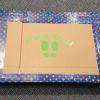
Paper Cup Stool
Source Institutions
In this activity, learners will explore how and why weight distribution works.
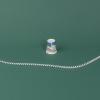
Anti-Sound Spring
Source Institutions
What happens when two wave pulses meet in the middle? Send waves down a spring to watch them travel and interact.

Take Out the Trash
Source Institutions
Learners explore how recyclers take advantage of the different properties of materials, such as magnetism and density, to separate them from a mixture.

Crystal Painting
Source Institutions
In this activity, learners will "paint" their own crystal artwork by creating a picture with a super saturated salt solution.
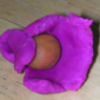
Atoms and Matter (K-2)
Source Institutions
In this activity, learners explore atoms as the smallest building blocks of matter. With adult help, learners start by dividing play dough in half, over and over again.
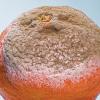
Why Does Food Spoil?
Source Institutions
In this activity, learners will conduct an experiment to discover methods of reventing foot mold growth on food.
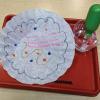
Chromatography Observations
Source Institutions
In this activity, learners will explore how water affects marker on filter paper. Learners will use science process skills such as making observations and predictions as they explore color.

Globe at Night
Source Institutions
In this international citizen science activity, learners measure their night sky brightness and submit their observations into an online database.

Snake Kite
Source Institutions
In this activity, learners will explore the physics of air by making a snake kite.

Does it Stick?
Source Institutions
In this activity, learners will observe magnetic properties and sort objects by them. This activity uses everyday items to teach learners about magnetic forces, poles and properties of magnets.
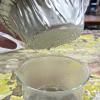
Wonderful Weather
Source Institutions
In this activity, learners conduct three experiments to examine temperature, the different stages of the water cycle, and how convection creates wind.
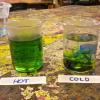
Energetic Water
Source Institutions
In this activity, learners explore how hot and cold water move. Learners observe that temperature and density affect how liquids rise and fall.
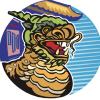
Draggin' Boats
Source Institutions
Learners design, build, and test models of "dragon boats" made from up to three milk cartons.

All About Air
Source Institutions
In this activity, learners with explore the gases present in air. They will then build their own wind cannons and challenge family and friends to a friendly competition.

Exploring the Universe: Orbiting Objects
Source Institutions
“Exploring the Universe: Orbiting Objects” is a hands-on activity that invites visitors to experiment with different sized and weighted balls on a stretchy fabric gravity well.

Stereo Sound
Source Institutions
We listen to stereo music systems, tv's, and radios because it simulates being where the sound originates.
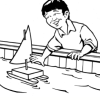
Prepare for a Dock Shop Field Trip
Source Institutions
In this activity, learners explore what makes a boat float and sink. They examine and test various objects to determine why objects float or sink.
